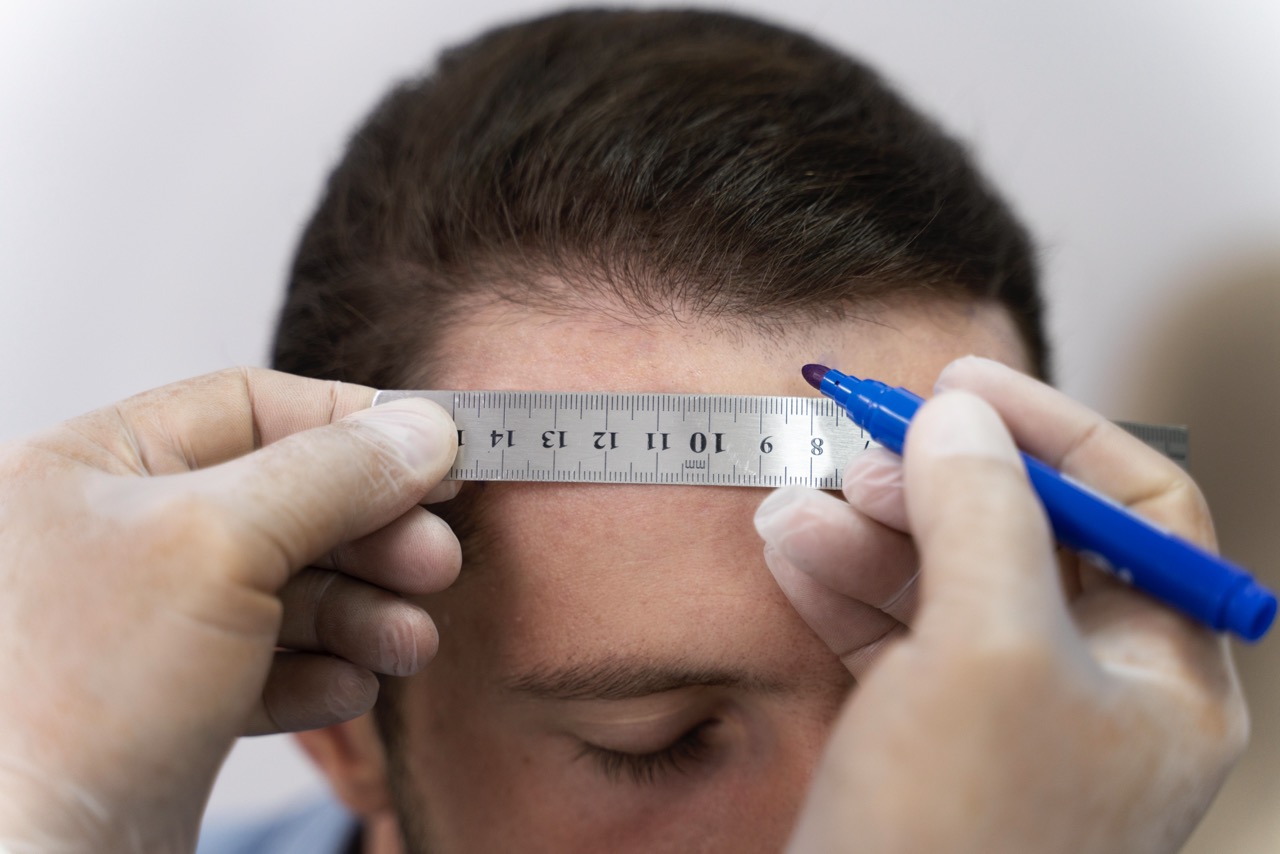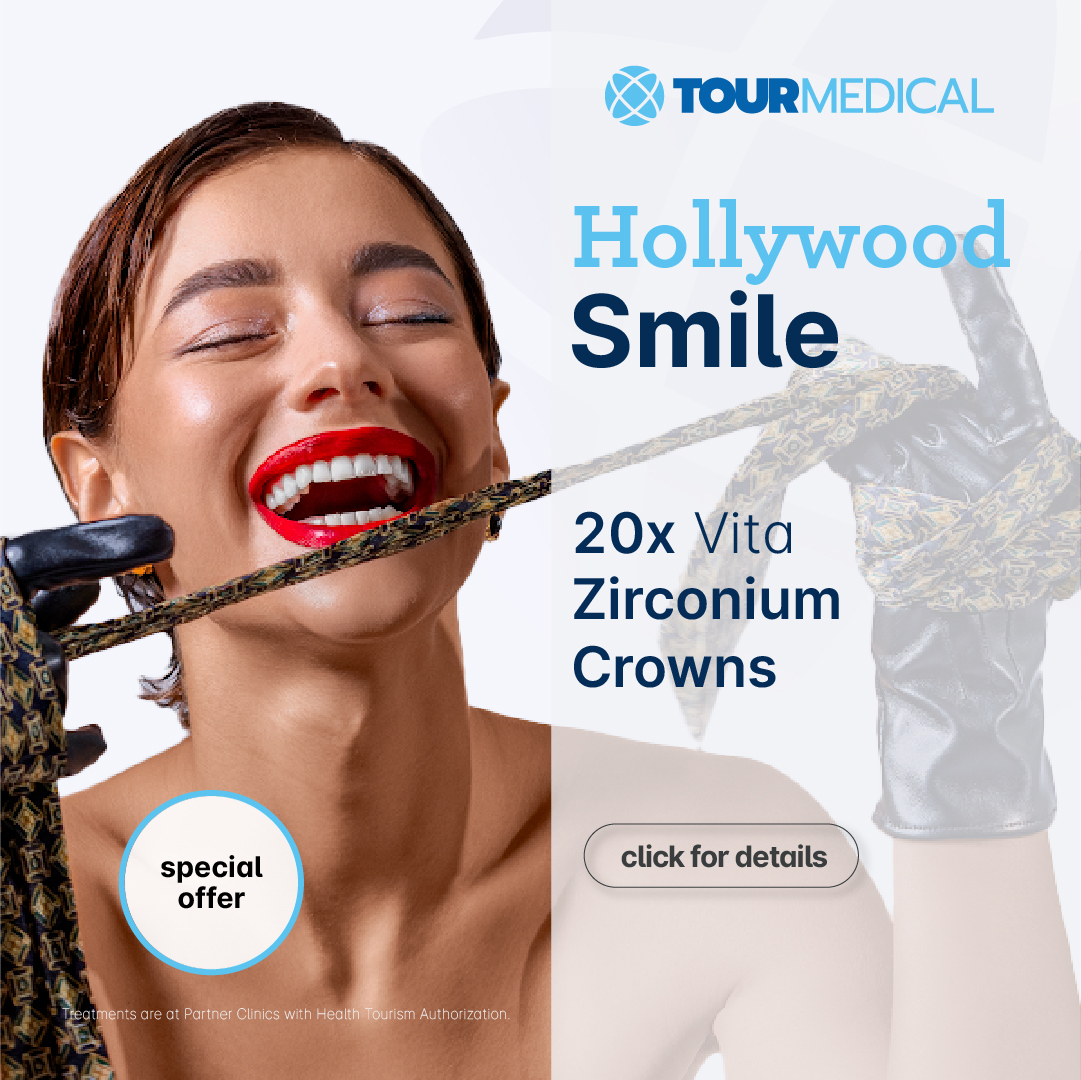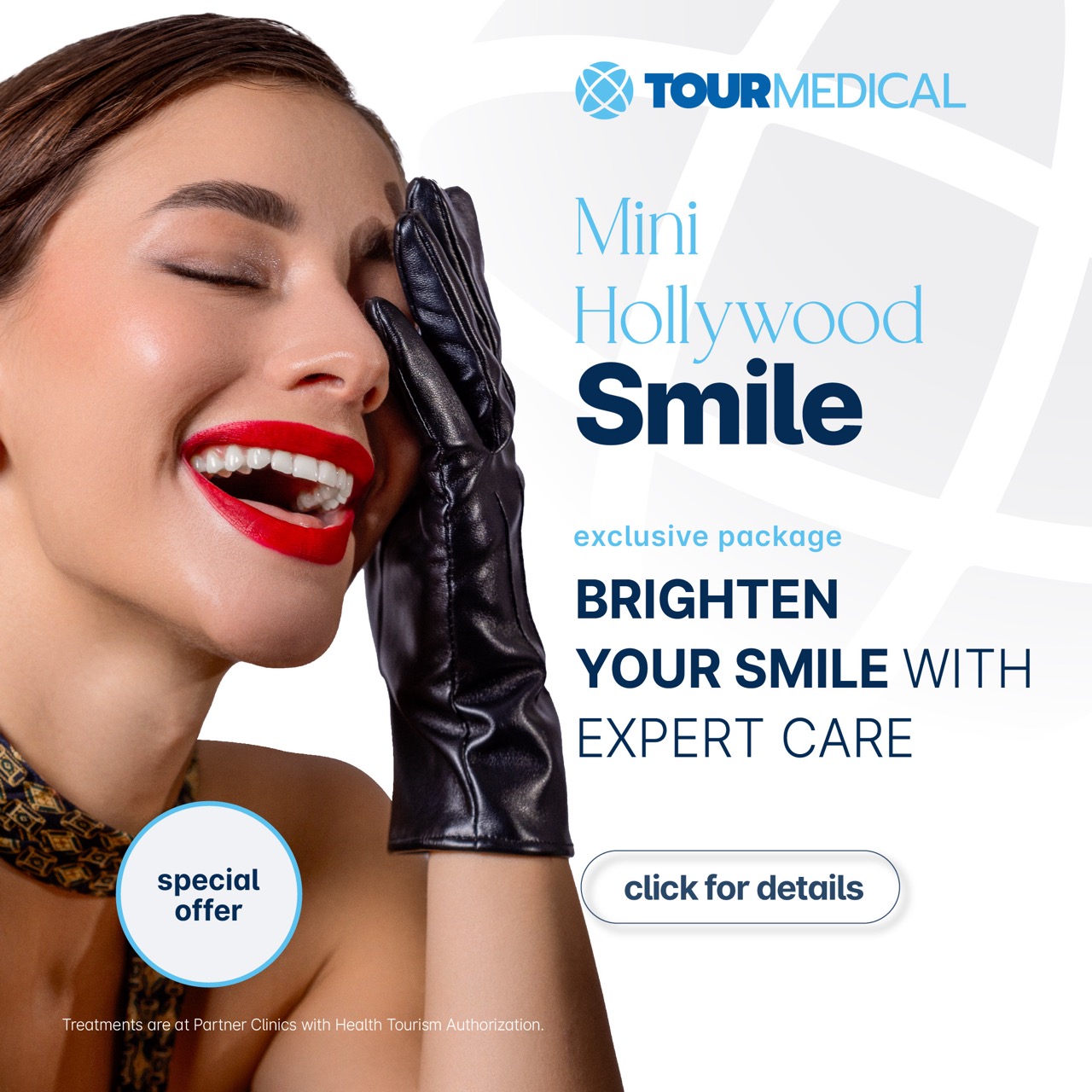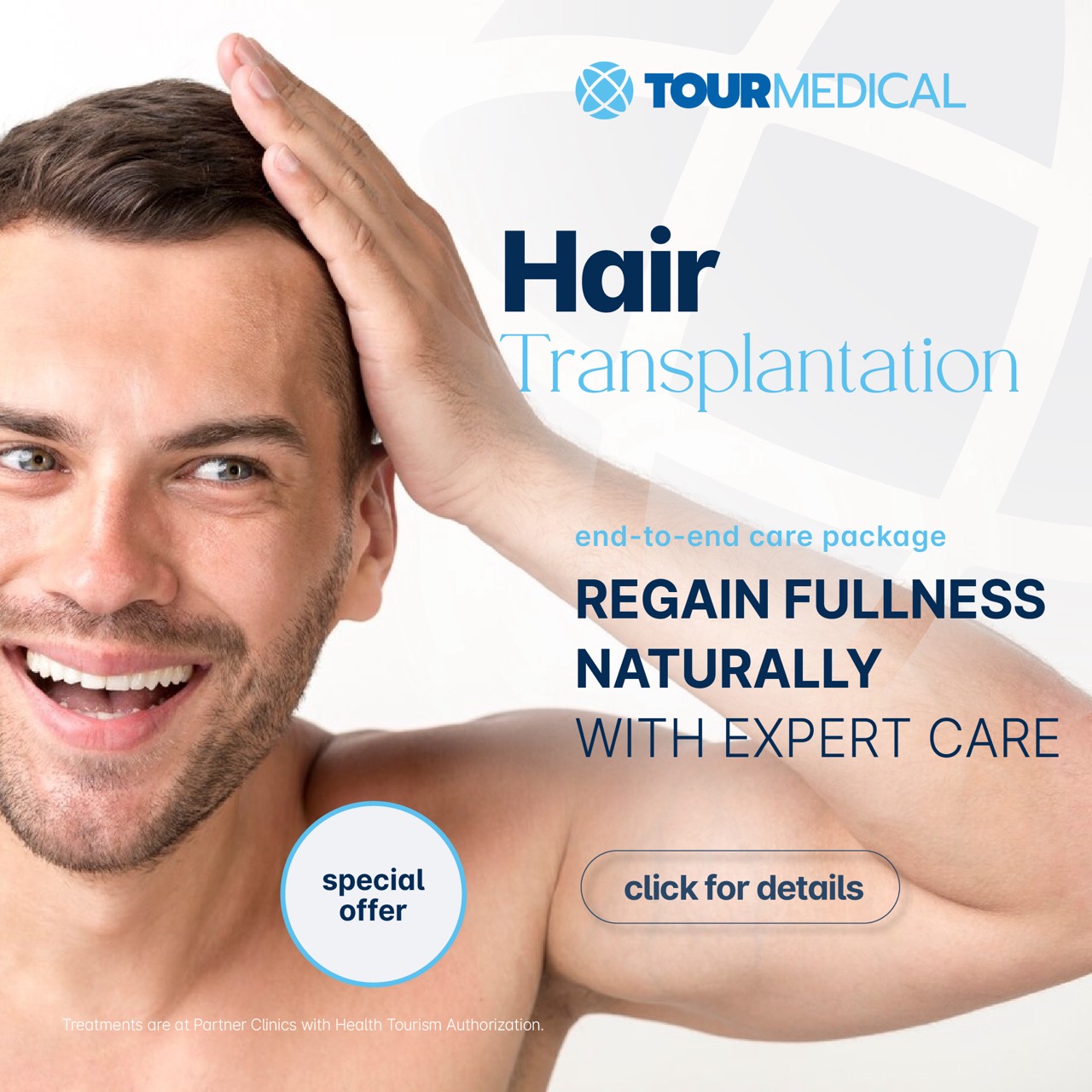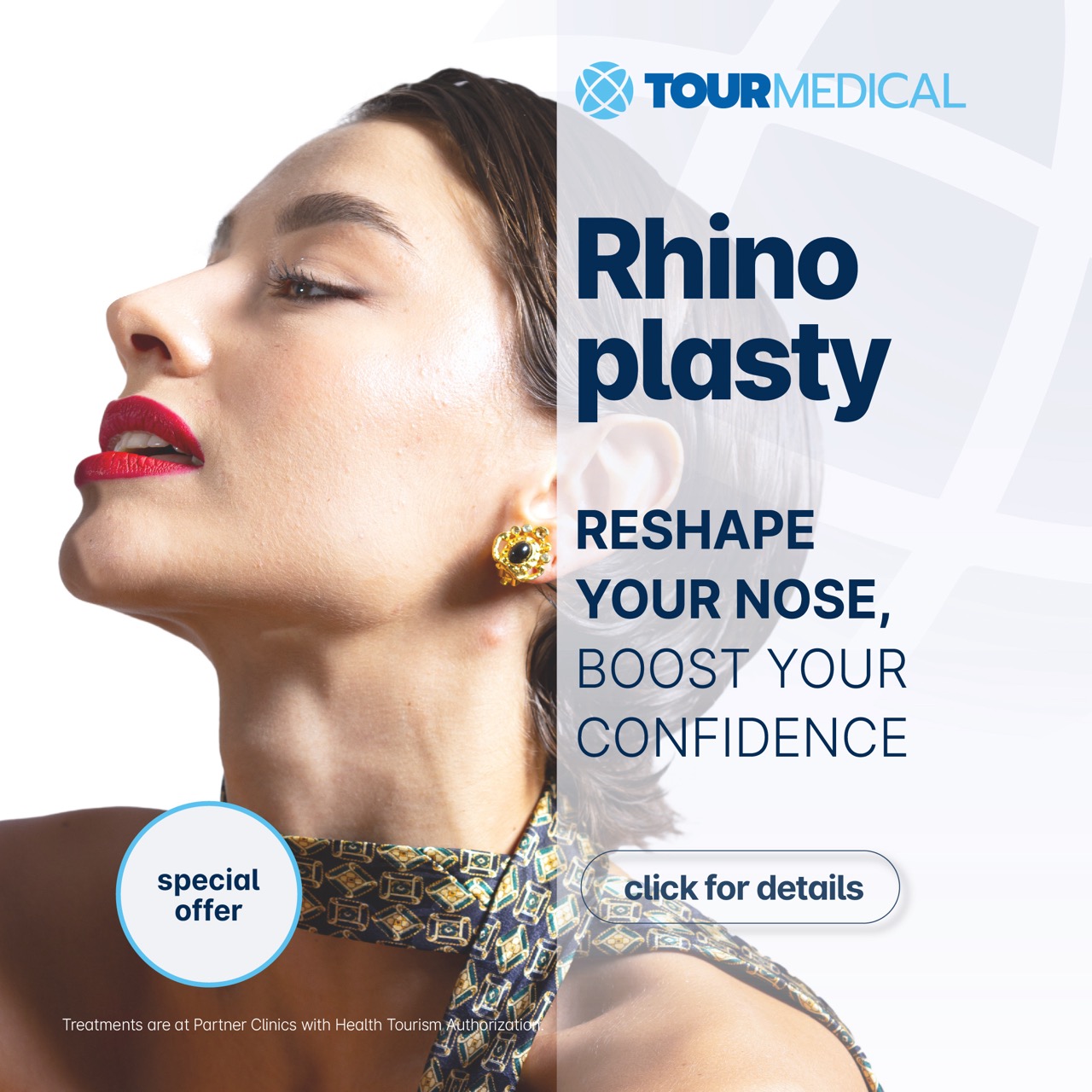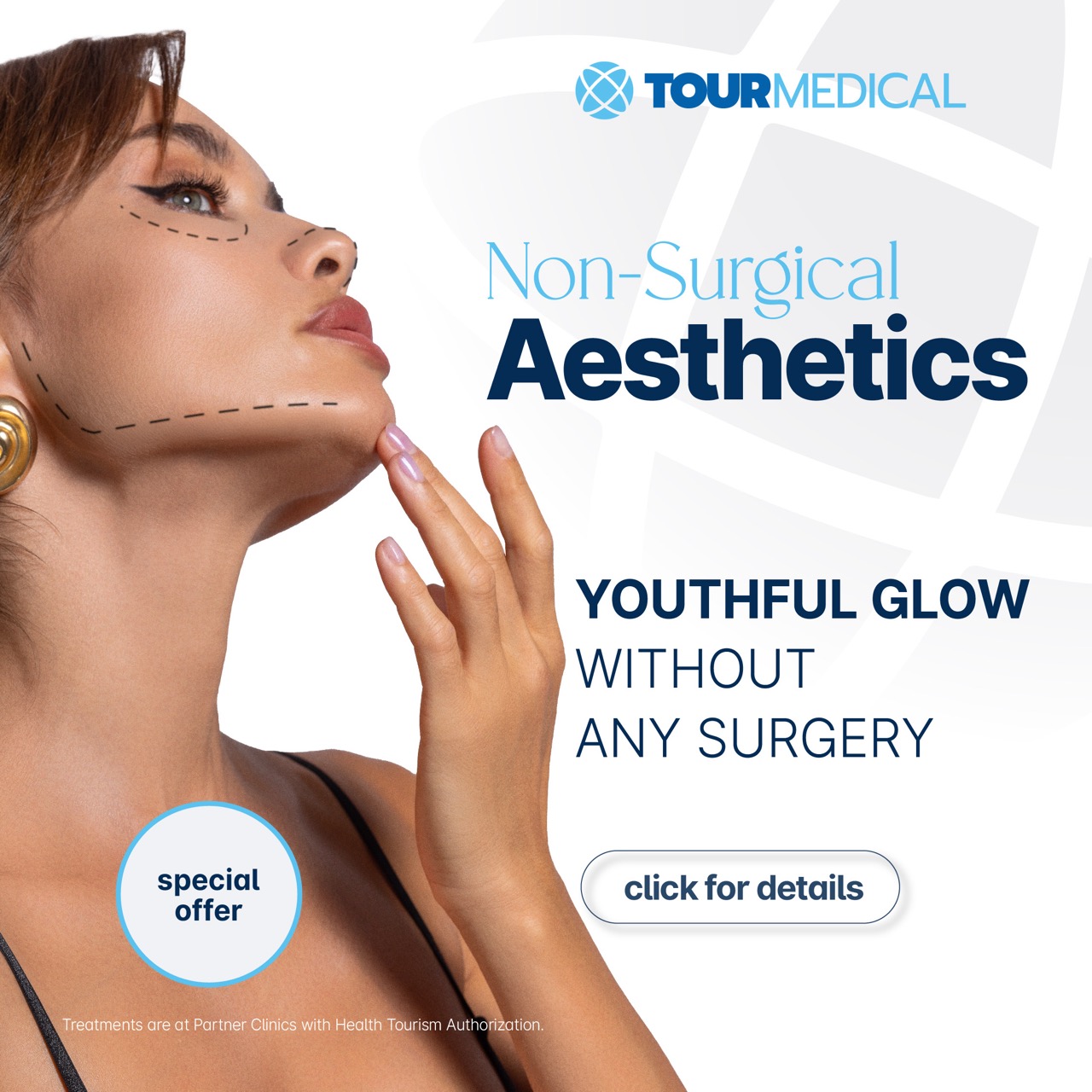How to Minimize Scarring After a Hair Transplant
How to minimize scarring after a hair transplant is an important consideration for anyone seeking hair restoration. Modern techniques like FUE (Follicular Unit Extraction) and DHI (Direct Hair Implantation) have significantly reduced the risk of visible scarring. With proper care and the expertise of skilled surgeons, you can enjoy natural, seamless results with minimal evidence of the procedure.
At Tour Medical, we partner with Health Tourism Authorized clinics in Turkey that specialize in scar-minimizing techniques, ensuring your hair transplant journey is safe, comfortable, and effective.
Understanding Hair Transplant Scarring
Hair transplant scarring occurs as a natural part of the healing process when follicles are extracted and implanted. The extent of scarring depends on:
- Technique Used
- FUE creates tiny puncture marks, while DHI uses advanced tools like the Choi Pen, further reducing trauma.
- Older methods, like FUT (Follicular Unit Transplantation), leave a linear scar.
- Skin Type
- Some individuals are more prone to visible scarring due to their skin’s healing characteristics.
- Surgeon’s Expertise
- The skill of the surgeon plays a critical role in minimizing trauma and ensuring precise follicle placement.
- Aftercare
- Proper post-procedure care promotes healing and reduces the risk of excessive scarring.
Best Techniques for Minimizing Scarring
- FUE (Follicular Unit Extraction)
- Hair follicles are extracted individually, leaving tiny, nearly invisible scars.
- Ideal for patients who prefer short hairstyles.
- DHI (Direct Hair Implantation)
- Follicles are implanted directly using a Choi Implanter Pen without the need for pre-made incisions.
- This advanced method minimizes trauma and reduces the likelihood of scarring.
- Sapphire FUE
- Uses sapphire blades for smaller, more precise incisions, leading to quicker healing and less noticeable scars.
Tips for Minimizing Scarring After a Hair Transplant
- Choose an Experienced Surgeon
- The surgeon’s expertise is critical for achieving precise graft extraction and implantation.
- Follow Aftercare Instructions
- Keep the treated area clean and moisturized using recommended products.
- Avoid scratching or picking at scabs.
- Protect Your Scalp
- Limit sun exposure and wear a loose-fitting hat to shield your scalp.
- Avoid heavy physical activities during the initial recovery phase.
- Use Medications as Prescribed
- Take antibiotics, anti-inflammatory drugs, and topical treatments as directed to prevent infection and promote healing.
- Stay Hydrated and Maintain a Balanced Diet
- Proper hydration and nutrition help your body heal faster.
- Consider Complementary Therapies
- PRP Therapy (Platelet-Rich Plasma) can enhance healing and reduce the appearance of scars.
What to Avoid After a Hair Transplant
- Scratching or Rubbing the Scalp
- This can dislodge grafts and cause irritation or infection.
- Using Harsh Hair Products
- Avoid products with strong chemicals during the healing phase.
- Excessive Sun Exposure
- Prolonged exposure to sunlight can irritate the scalp and delay healing.
- Smoking and Alcohol
- These can impair blood flow and slow the healing process.
FAQs About Minimizing Scarring After a Hair Transplant
- Does FUE leave visible scars?
- FUE leaves tiny scars that are nearly invisible, even with short hair.
- Which technique has the least scarring?
- DHI typically results in the least visible scarring due to its minimally invasive nature.
- How long does it take for scars to heal?
- Scars heal within 1-2 weeks, but they continue to fade over several months.
- Can PRP therapy reduce scarring?
- Yes, PRP promotes faster healing and minimizes scar tissue formation.
- Is scarring different for beard or eyebrow transplants?
- Scarring is minimal for these procedures, similar to FUE.
- Can scars from older procedures be corrected?
- Yes, techniques like scalp micropigmentation can help conceal scars.
- Does skin type affect scarring?
- Yes, some individuals may naturally scar more prominently.
- What happens if I don’t follow aftercare instructions?
- Improper care can lead to infections or poor healing, increasing scar visibility.
- Is scar tissue permanent?
- While scars may never fully disappear, they become less noticeable over time.
- How can I ensure minimal scarring?
- Choose a reputable clinic, follow aftercare guidelines, and maintain a healthy lifestyle.
Why Choose Turkey for Hair Transplants?
Turkey is a global leader in hair restoration, offering:
- Expert Surgeons
- Renowned specialists skilled in advanced, scar-minimizing techniques.
- Cost-Effective Solutions
- Hair transplants in Turkey are up to 70% more affordable compared to Western countries.
- State-of-the-Art Clinics
- Modern facilities equipped with the latest technology ensure optimal results.
- All-Inclusive Packages
- Comprehensive care from consultation to aftercare for a seamless experience.
Why Trust Tour Medical?
At Tour Medical, we prioritize your safety and satisfaction by partnering with trusted clinics that excel in scar-free hair restoration techniques.
- Access to Health Tourism Authorized clinics.
- Personalized guidance and support from consultation to recovery.
- Comprehensive packages that include accommodation, transfers, and aftercare.
For more information on scar-minimizing techniques and other hair restoration options, visit Tour Medical’s treatments page. Let us help you achieve natural, scar-free results with confidence!

 English
English
